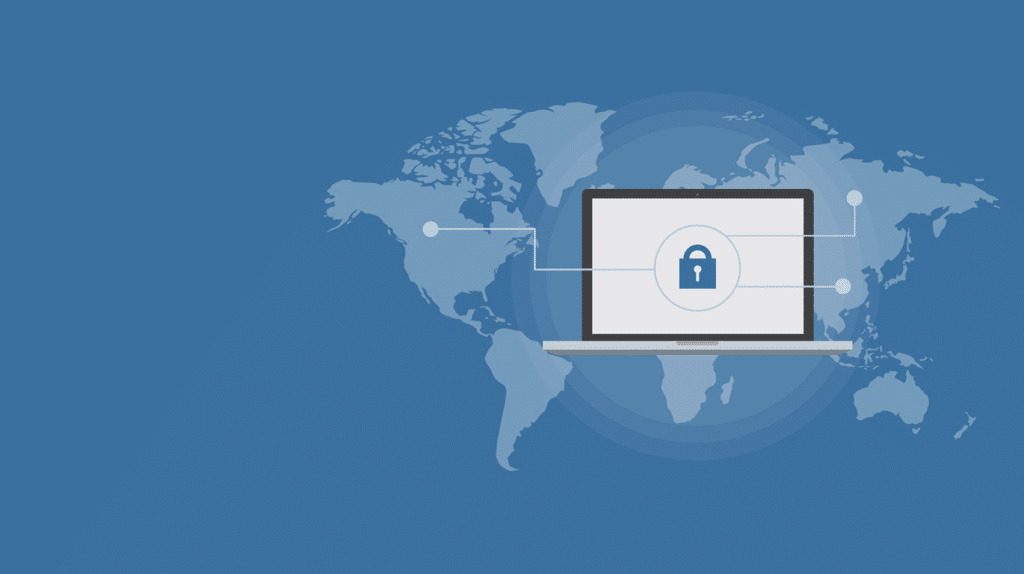Many companies nowadays rely on public information to thrive. Whatever sector you operate in, you will have to pull data from the internet at some point to complete a job. Because web scraping is vital, we’ll teach you how to overcome the challenges of doing so using a proxy.
Table of Contents
Geo-Blocking in a Nutshell
Although web scraping is a legal commercial activity, certain websites prohibit data collection. The most prevalent reason for this is a concern that a large number of requests would overwhelm a site’s servers and cause it to malfunction.
Many websites prohibit scraping based on geolocation considerations. This is known as geo-blocking, which limits people’s internet activities based on their location.
You may be unable to access specific websites, see online documents, or download stuff if you are geo-blocked. This is especially troublesome if you operate as a data professional in an international business.
Some of you may be wondering how websites know where we are. These websites use our IP address to determine our location. This is especially common for websites that adjust their accessible material according to the client’s location. They may also use this method to limit non-human visitors.
US Netflix is a prime example of geo-blocking and geo-restriction. If you are outside of the United States, you will be forwarded to the media catalog designated to your country rather than the US version. You can bypass these restrictions using SurfShark VPN.
Avoiding Geo-Blocking when Web Scraping
Now that you know geo-blocking can impede your web-scraping process, you need to know how to overcome it. There are several methods available, including using a proxy, such as an India proxy, for example. Learn more about India proxy and other proxies for your business operations.
Slow down your crawler
As previously said, online scrapers acquire data at a far quicker rate than real people. The issue is that if a webpage receives too many inquiries too quickly, it may collapse. Furthermore, a web scraper that makes certain amounts of requests per second all day long is very easy to identify.
Slowing down your crawl speed and implementing a gap of 10-20 seconds between queries might help you avoid having your web scraper banned. Also, if you see that your queries are becoming increasingly sluggish, you may wish to send them more slowly to avoid overloading the webserver.
Use a real user agent
Real user agents are a form of HTTP header that tells the site you’re visiting what browser you’re using. Most web scrapers don’t even make time to set the user agent. This is exactly why they can be easily identified by websites because of the missing user agent.
Remember to configure your web crawler using a well-known user agent. Because most websites wish to be featured on Google, they allow Googlebot through easily. Advanced users may also use the Googlebot User-Agent.
Using an established user agent may be a very useful strategy in averting data collection barriers as well as avoiding blacklist. However, mimicking a user agent might cause problems if the website you’re trying to reach doesn’t acknowledge the user agent.
Use a rotating user agent and IP address
Setting up a true user agent isn’t enough. To make things safer, use several user agents and rotate them regularly. Using the same user agent to scrape data triggers the warning signal that this is a machine.
Another great technique to bypass geo-blocking is to keep changing your IP address. To route your inquiries through a sequence of different IP addresses, you can use an IP rotation operator or other proxy services.
Use a headless browser
If you’re not familiar with headless browsers, they’re an approach that allows users to interact without relying on a specific user interface. As a result, adopting a headless browser allows you to scrape web pages quicker because you don’t have to actively engage any user interfaces.
Use a proxy
Proxy networks are an excellent choice for anyone who needs to collect huge amounts of data at the same time. Proxies usually involve servers on many continents, including both data centers and genuine personal IP addresses.
Using a proxy lowers the likelihood of your crawler being discovered by a website’s anti-scraping tools. Many proxy systems also provide tools to assist you in managing IP rotation and traffic routes to make them more cost-effective and efficient.
Several things will influence the success of the proxy. Among these is the frequency with which you submit requests, how you maintain your proxies, and the sort of proxies you employ. Dedicated proxies are a preferable option because you can see which crawling operations were performed with these services.
Final Thoughts
Web scraping may well be challenging, especially since most prominent businesses aggressively try to prevent programmers from scraping their webpages using several methods. To guarantee an effective web scraping process, consider employing the techniques listed above.
